 W
WSadri Ahmeti was an Albanian painter and poet from Vusanje, Plavë, Gusinje of Montenegro.
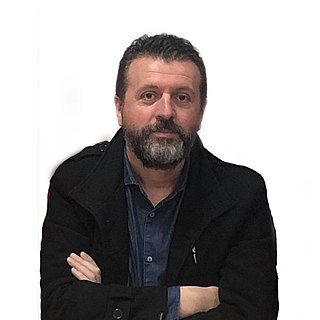 W
WAg Apolloni is an Albanian writer, poet, playwright, scholar and essayist. He is a professor at the University of Prishtina. His literary works are distinguished for their dramatic dimension, philosophical treatment and critical attitude towards history, politics and society.
 W
WJosif Jovan Bageri (1870-1916) was an educator, poet and Albanian nationalist figure.
 W
WQamil Izet Çami (1875–1933) was an Albanian rilindas, poet, and teacher. He and other rilindas from his area opened the first Albanian-language school of Filiates in 1908.
 W
WAbedin bey Dino, also Abedin Pasha was an Albanian patriot, politician, ideologue and diplomat. As a rilindas involved in the Albanian National Awakening, he was one of the founders of the League of Prizren and its chief representative for Epirus (1878). Dino was one of the main promoters in the need for the creation of the Autonomous Albanian Vilayet under the Ottoman suzerainty, and later a contributor in the Albanian independence.
 W
WAleksandër Stavre Drenova, commonly known by the pen name Asdreni, was an Albanian poet, rilindas, translator, writer and the author of the poem which later became the national anthem of Albania. He is regarded as one of the most influential Albanian writers of the 20th century and composed most of his Albanian Renaissance-inspired known works during that period.
 W
WMid'hat Frashëri was an Albanian diplomat, writer and politician. The son of Abdyl Frashëri, one of the most important activists of the Albanian National Awakening in 1908 he participated in the Congress of Monastir. In 1942 he became the president of Balli Kombëtar, an Albanian anti-fascist and anti-communist resistance movement. Frashëri was one among others, a father of Albanian Nationalism.
 W
WNaim Bey Frashëri, more commonly Naim Frashëri, was an Albanian patriot, historian, journalist, poet, rilindas and translator who was proclaimed national poet of Albania. He is regarded as the pioneer of modern Albanian literature and one of the most influential Albanian cultural icons of the 19th century.
 W
WMilto Sotir Gurra (1884–1972) was an Albanian journalist and short story writer of the 20th-century. He first works came out during the last period of the Albanian National Awakening and continued for a 50-year period. Although simple in character and at times permeated by naive sentimental notes, Gurra's work reserves a certain importance within the Albanian literature due to its social context and thematics. Beside his own creations, Gurra translated to Albanian some of the masterpieces of the classic Russian literature.
 W
WVeli Karahoda is an Albanian writer, poet, novelist and essayist. He studied at the University of Pristina, Faculty of Arts.
 W
WJeton Kelmendi is academic, Albanian journalist, poet, translator, university professor and political analyst.
 W
WMitrush Kuteli, born Dhimitër Pasko was a well-known Albanian writer, literary critic and translator. Along with Ernest Koliqi he is considered as the founder of modern Albanian prose; in Albanian literature his pen name for which he gained fame was Mitrush Kuteli.
 W
WLoni Logori (1871–1929) was an Albanian-Egyptian entrepreneur, poet, and activist of the Albanian National Awakening.
 W
WMark Lucgjonaj (30.08.1986) is an Albanian poet and professor.
 W
WSejfulla Malëshova was an Albanian politician and writer. He was an early member of the Communist leadership in post-World War II Albania and served as the Ministry of Culture and Propaganda.
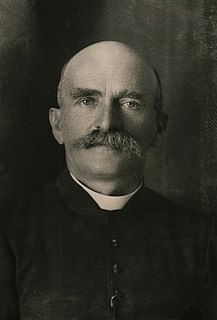 W
WNdre Mjeda was an Albanian philologist, poet, priest, rilindas, translator and writer of the Albanian Renaissance. He was a member of the Mjeda family.
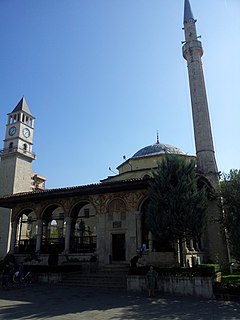 W
WHaxhi Et'hem Bey also known as Haxhi Et'hem bey Mollaj (1783–1846) was an Ottoman Albanian administrator, landlord and bejtexhi.
 W
WHavzi Nela was an Albanian dissident poet, born in the village of Kollovoz in the district of Kukës. He managed to finish both elementary and high school while living in extreme poverty. In high school he began to express objections against what he perceived as "injustices" that, according to him, were created by the communist regime. After this he began studies at the Higher Pedagogical Institute of Shkodra, but was expelled due to seemilngy rebellious and controversial beliefs. After much difficulty, he found a job as an elementary school teacher at Plani i Bardhe, a small village in the district of Mat, but was forced to leave the village due to suspicious activity. Suspicion arose after students began reading his poetry. He then went on to study at the Higher Pedagogical Institute of Shkodra by correspondence. He worked as a teacher in different villages such as Kruma, Lojme and Shishtavec until 1967, when he moved to Topojan. Topojan was where the most dramatic events of the poet and his family began.
 W
WMillosh Gjergj Nikolla, commonly known by the acronym pen name Migjeni, was an Albanian poet and writer, considered as one of the most important of the 20th century. After his death, he was recognized as one of the influential writers of interwar Albanian literature.
 W
WTheofan Stilian Noli, known as Fan Noli, was an Albanian writer, scholar, diplomat, politician, historian, orator and founder of the Orthodox Church of Albania, who served as Prime Minister and regent of Albania in 1924 during the June Revolution.
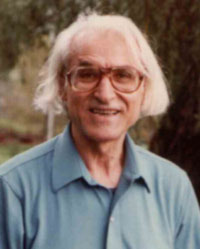 W
WArshi Pipa was an Albanian-American philosopher, writer, poet and literary critic.
 W
WLlazar Sotir Gusho, commonly known by the pen name Lasgush Poradeci, was an Albanian philologist, poet, translator, writer and pioneer of modern Albanian literature. He is regarded as one of the most influential Albanian writers of the 20th century whose works are directly connected with Romanticism and Realism.
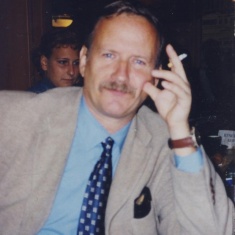 W
WLeon Qafzezi is an Albanian writer and cineaste.
 W
WGirolamo de Rada was an Arbëreshë folklorist, journalist, lawyer, playwright, poet, rilindas and writer. He is regarded as one of the most influential Albanian writers of the 19th century who played an essential role in the Albanian Renaissance.
 W
WGiuseppe Schirò was an Arbëreshë neo-classical poet, linguist, publicist and folklorist from Sicily. His literary work marked the transition to modern Albanian literature in Italy. He was a major protagonist of the Rilindja, the Albanian cultural awakening or Albanian Renaissance, in Italy.
 W
WDhimitër Shuteriqi was an Albanian scholar, literary historian, and writer.
 W
WNdue Sinishtaj is an Albanian poet, and former Catholic priest from Montenegro known for writing poems in Gheg Albanian.
 W
WGiulio Variboba was an Arbëresh poet that gave an important contribution to the literature in the Albanian language.
 W
WVaso Pasha, also known as Pashko Vasa or Wassa Pasha, was an Ottoman Albanian writer, poet and publicist of the Albanian National Awakening, and mutasarrif of Mount Lebanon Mutasarrifate from 1882 until his death.